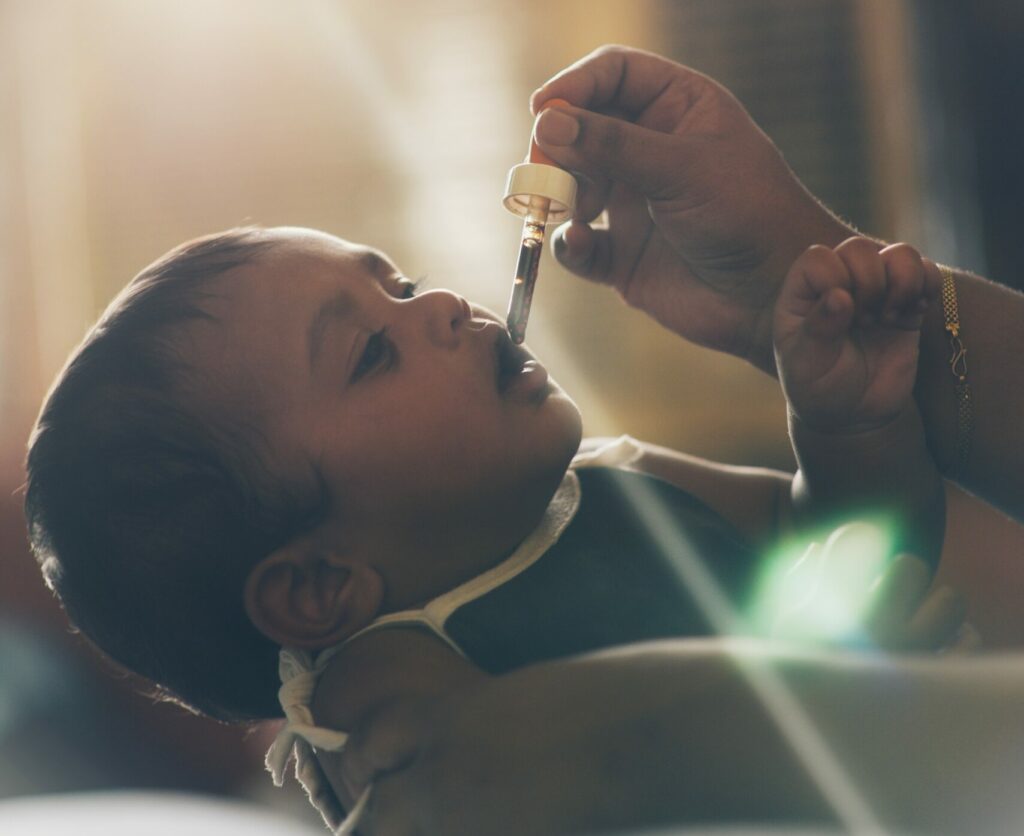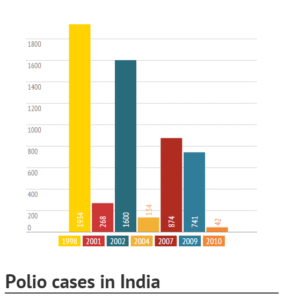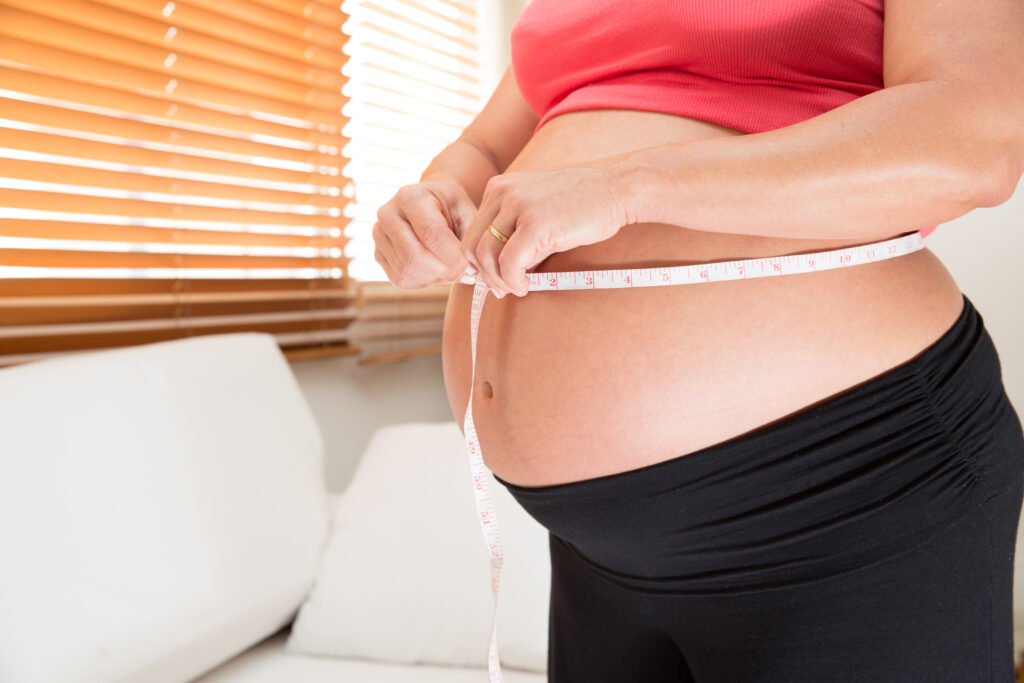Polio, short for poliomyelitis, is a highly contagious and potentially crippling disease caused by the poliovirus. It primarily affects children under the age of five and can lead to paralysis or even death within hours of infection. The virus is transmitted by ingesting contaminated food or water that contains the faecal material of an infected person. In this blog, we aim to shed light on the importance of polio vaccinations in protecting our children from this devastating illness and promoting a polio-free world.
So, the first question that comes to mind is how the transmission of polio occurs. Polio is caused by the poliovirus, which attacks the nervous system and can lead to paralysis. This virus is transmitted through contact with infected faeces. Once inside the body, the virus multiplies in the intestine and is excreted in faeces, potentially spreading the infection to others.

Who is at risk of Polio?
Children under five years of age are most vulnerable to polio. However, adults who have not been immunised and healthcare personnel working with polio cases can also be at risk. Approximately one in every 200 people infected with polio will experience irreversible paralysis, usually affecting the legs1. In severe cases, it can even impact the respiratory muscles and the spinal cord.
Can we prevent Polio?
There is no specific cure for paralytic polio, which is why prevention is of paramount importance. The most effective method for preventing polio is through vaccination.
Two types of vaccines are available for this purpose: the oral polio vaccine (OPV) and the injectable polio vaccine (IPV). It is essential to recognise that while significant progress has been made in curbing polio through relentless vaccination efforts, the threat of its resurgence still lingers.
However, the persistent and dedicated work of vaccination campaigns has led to a gradual decline in polio cases.

A graphical presentation of India’s success over the years:2
Should a child receive OPV during campaigns and routine immunisations?
Absolutely! It is highly recommended that children receive the oral polio vaccine (OPV) during both vaccination campaigns and routine immunisation schedules. OPV has a well-established track record of safety and effectiveness in preventing polio. To ensure comprehensive protection against this crippling disease, it is crucial to guarantee that every child receives the vaccine. It is important to note that multiple doses of OPV are necessary to establish strong immunity against polio, making it even more imperative to include OPV in both routine and campaign-based immunisation efforts. By doing so, we take a significant step towards safeguarding the health and well-being of our children and contributing to the global mission of eradicating polio.
Is it important to receive both OPV and IPV?
Both OPV and IPV are recommended for a child. OPV induces intestinal local immunity, which not only protects the vaccinated individual but also prevents the transmission of the virus. IPV, on the other hand, is increasingly being used in efforts to phase out OPV while continuing the fight against polio.
A collective responsibility
Polio, once a devastating global health threat, has now been reduced to a few remaining pockets due to the tireless efforts of vaccination campaigns. It is crucial to understand that the threat of polio is not entirely eradicated, and the disease can make a comeback if vaccination efforts wane. The importance of polio vaccinations lies in their role in protecting children from a life-altering and potentially fatal illness. By ensuring that children receive their recommended doses of the vaccine, we not only shield them from the debilitating effects of polio but also contribute to the global mission of eradicating the disease altogether. The significance of polio vaccinations extends beyond individual health; it is a collective responsibility to create a safer and healthier world for future generations.
At Fernandez, we are dedicated to creating a polio-free world. We strongly encourage parents and caregivers to ensure that children under the age of five receive the necessary polio vaccinations. It is only through collective action and vaccination that we can achieve complete polio eradication. Together, we can safeguard our children and work towards a healthier, polio-free future.
If you have any questions or concerns, please do not hesitate to reach out to your neonatologists. Call 1800 419 1397 for appointments.
1Lahariya, Chandrakant. “A brief history of vaccines & vaccination in India.” The Indian journal of medical research 139.4 (2014): 491.
2https://iimcnews6.wordpress.com/2015/03/27/polio-eradication-indias-success-2/


